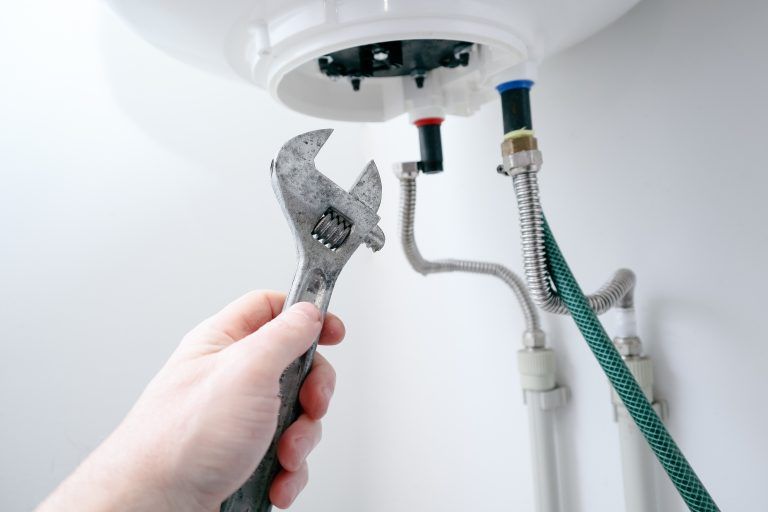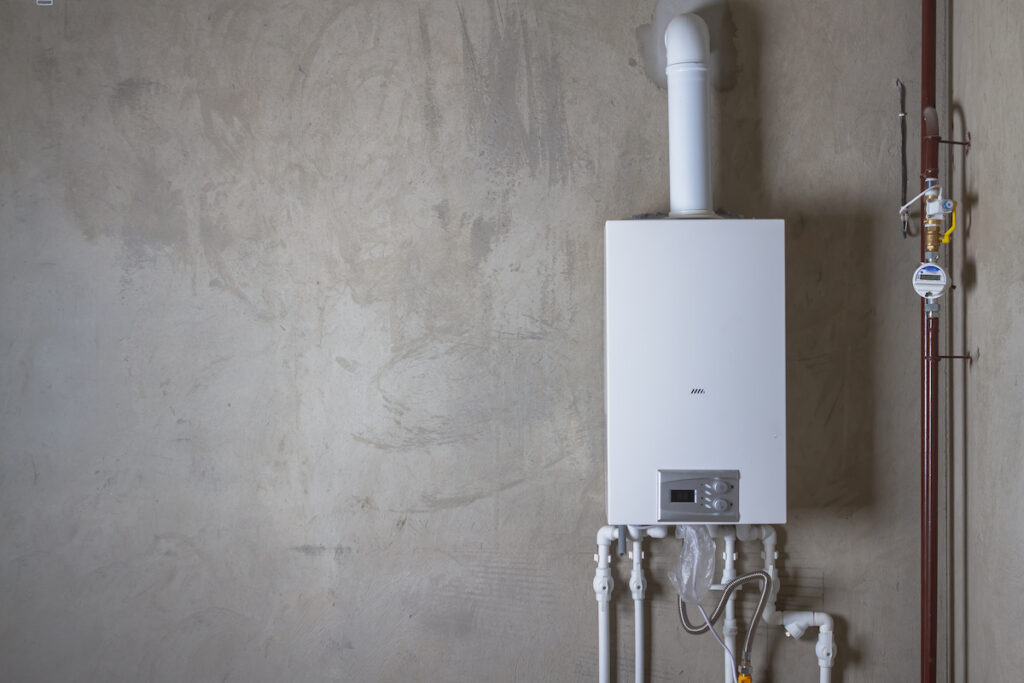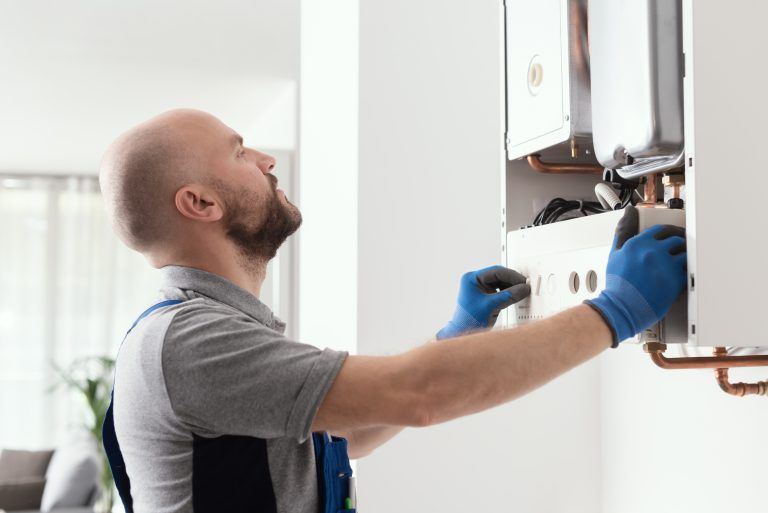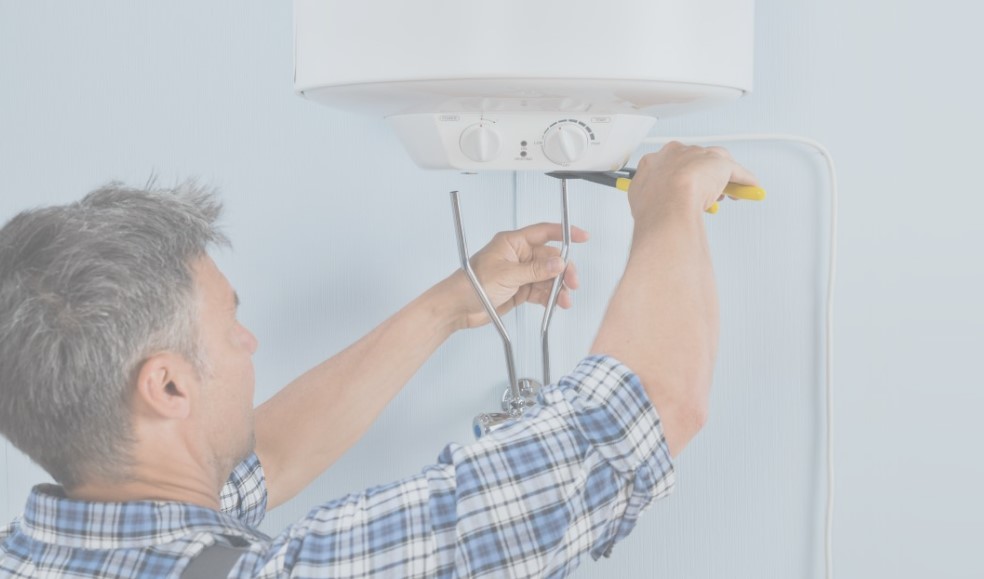Hot water is one of those things that we use daily and we do not bother to think about until it goes cold in the middle of the shower. Conventional water heaters may make you wait till the tank is filled and refilled and until it heats, which wastes energy and time, as well. But what would happen should you have a steady stream of hot water and money saved in the long run? There is the economics of infinite hot water. We can start by dissecting the transformation that modern systems, specifically electric tankless systems, are making to the manner in which homeowners consider efficiency, comfort, and cost.
The Change in Direction to Smarter Hot Water Solutions

Storage water heaters have been the norm in most homes over the decades, with large tanks constantly heating water and storing it even when you are not using it. Although handy, this method is an energy-wasting practice that has dozens of gallons of hot water being heated 24 hours a day. With the increasing cost of energy and the increasing environmental consciousness, there is a shift towards smarter and on-demand offerings by homeowners.
Here is where an electric tankless water heater comes into play. A tankless system does not have a tank full of preheated water, but rather heats water immediately it goes through the unit. You only use what you need, at the time you need it; in other words, you do not have to pay to keep unused water hot.
This disparity accumulates with time. Although the initial install cost of a tankless model may be more initially than a traditional tank-based model, the long life cycle and lower energy costs can oftentimes offset the initial installation cost. Also, they occupy less space, and hence can fit in smaller houses, flats, or utility rooms.
How “Endless” Really Works
It may sound like a magic trick; however, the science of the endless hot water is rather simple. Once you open a hot water tap, cold water enters the tankless unit. Powerful heating components make it hot immediately to the required temperature and direct it directly to your shower, sink, or device. You do not have to wait till a tank is filled up– and so long as the water runs, you will have constant heat.
Naturally, not every tankless system is the same. Electric models are especially effective in the case of households with moderate to high water consumption, and provide reliable performance with no combustion risks that gas heaters have. They also need less maintenance and run less noisily, which is a great advantage when you have to place your unit close to places of living.
Sizing is one of the factors to consider. Selecting the correct capacity is what will make sure that your system can sustain your household in its simultaneous needs with water, such as running a dishwasher and a shower at the same time. A professional installer will be able to evaluate the layout of your home and how often it is used to suggest the most appropriate setup.
The Actual Savings of the Costs of Tankless Systems

The real economics of never-ending hot water are more than the starting price of a house purchase. Conventional water heaters have a lifespan of between 10-12 years, whereas tankless systems can serve up to 20 years or longer. It is almost twice the life expectancy, with reduced monthly utility bills.
The U.S. Department of Energy states that tankless water heaters have an 8-34 percent higher potential energy efficiency than that of a standard storage model, based on the amount of water used by your household. That would mean actual, quantifiable savings. Moreover, electric systems do not require venting and gaseous lines and are hence less complex to install and less expensive to maintain.
And one more of the greatest benefits that should not be left out is that you will never have to decide again between doing the laundry and taking a hot shower. The reliability itself is what can provide you with long-term comfort in your home.
Sustainability vs. Comfort
With California steadily shifting towards more environmentally friendly energy sources, it is becoming common to see energy-efficient appliances such as electric tankless water heaters as part and parcel of the sustainable home upgrades. These systems not only minimize the total energy use, but also assist in cutting down the carbon emission, and they can be matched perfectly with renewable energy sources such as solar panels.
And on top of environmental advantages, there is the peace of mind knowing that your system was designed to last. There will be no rusty tanks, no water leakages without notice, and no wasted water. To the homeowners who are investing in future-proofing technologies, tankless will be a greener and cost-efficient choice.
Is It Worth the Switch?
Maybe you are fed up with the limited amount of hot water each morning, or you find your utility bills getting higher and higher, then it might be time to change to a tankless system. Although the initial investment may be more expensive, the benefits of energy efficiency, space savings, and reliability are long-term and easily offset the initial investment.
The replacement of an electric tankless water heater will be an improvement for many homeowners is not merely an upgrade, but it is a step to smarter living. Not only will you be saving on your energy bills, but you will also be making the water system of your home more comfortable and dependable in the future.
Final Thoughts

The idea of having unlimited hot water is not only luxurious but also economical and sustainable in the long run. Using the new tankless systems, the homeowner no longer has to risk the cold, wait, and waste as they would otherwise experience with the old storage heaters.
That is why, in case your existing system is soon going to expire or you want to make your house more eco-friendly, it could be time to consider the economics of endless hot water. After switching, you will ask yourself why you did not switch earlier.

